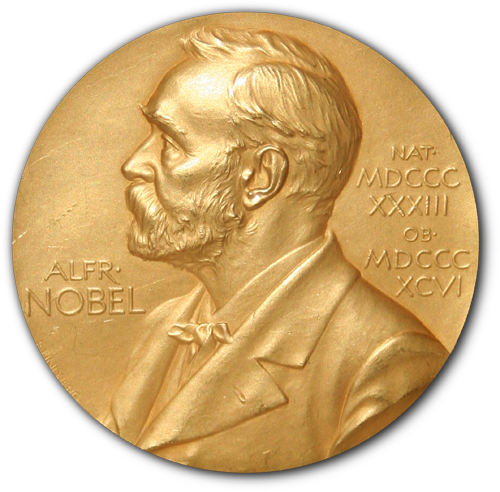09-Oct-2024
The 2024 Nobel Prize in chemistry has been awarded to David Baker (University of Washington) for computational protein design, and the other half jointly to Demis Hassabis and John M. Jumper (Google DeepMind) for protein structure prediction.
Computational tools and prediction software have become increasingly central to protein structure characterisation, and as such is key for integrated structural biology.
Prof. Harald Schwalbe, Director of Instruct-ERIC, said, “The award of the Physics Nobel Prizes in 2024 recognizes algorithmic development that enabled artificial intelligence in nearly every challenge facing society. At Instruct, we are very proud that the Nobel Prize in Chemistry acknowledges the application of AI algorithms to solve one of the most outstanding problems in modern science: the protein folding problem.”
A particularly important contribution to the wider structural biology world has come from the Google DeepMind and EMBL-EBI team behind AlphaFold, of which AlphaFold3 emerged early in 2024. The ability to accurately predict protein structures has revolutionised the way structural biology projects are planned and implemented.
Harald continued, “The Instruct community of researchers in all structural biology domains are proud and humble to have contributed to this endeavour by experimental structures of proteins and their complexes within the last decades. The future of integrated structural biology is brighter than ever.”
The fusion of AI with structural biology is a fundamental aspect of the “The future of integrated structural biology” review article penned by several leading experts in the field, published in Structure in early October.
See how the work of Hassabis and Jumper will integrate with the structural biology community here - 10.1016/j.str.2024.08.014.
